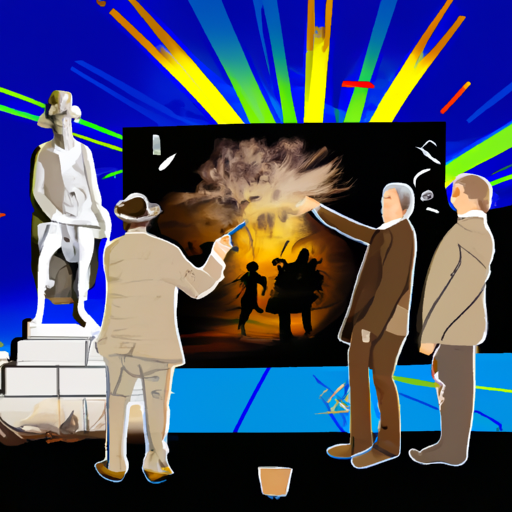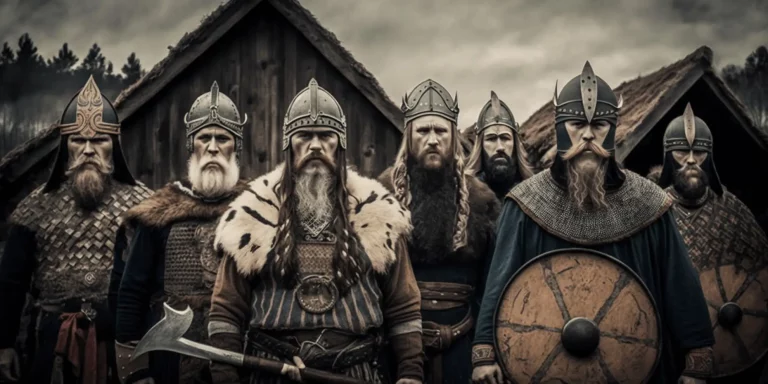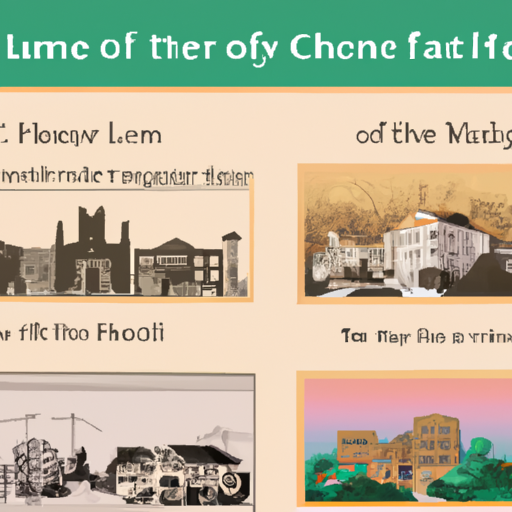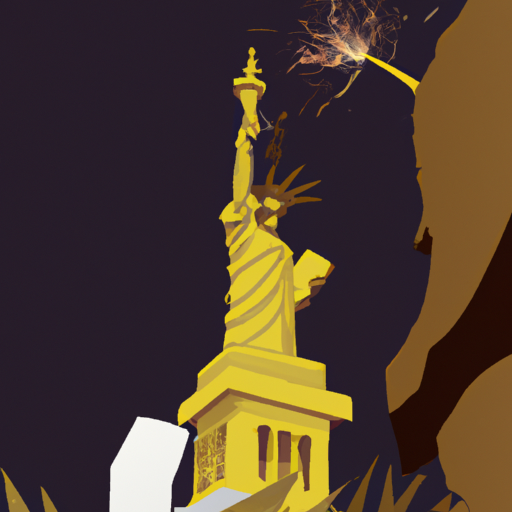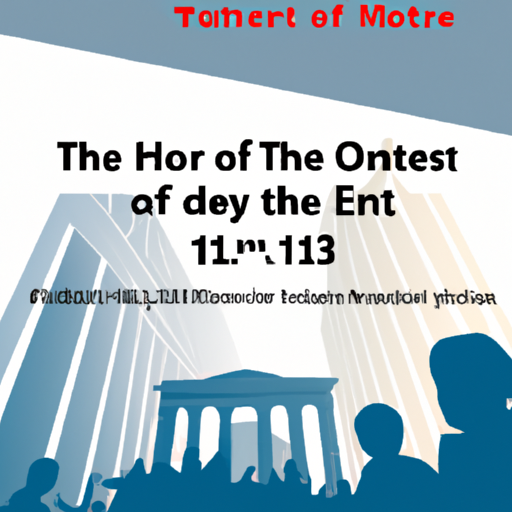The Rich History of Sri Lanka: Uncovering the Unique Culture and Traditions
Unearth the mysterious past of Sri Lanka and uncover why it is so remarkable! Delve deep into the annals of time to discover an array of fascinating stories, from ancient ruins to colonial-era architecture. Uncover a culture that is steeped in tradition, with a vibrant mix of religions, languages, and customs. Experience the beauty of this small island nation, with its lush green forests, golden beaches, and stunning mountain ranges. From its captivating wildlife to its delicious cuisine – Sri Lanka has something to offer everyone. Discover why this country is truly one of a kind!
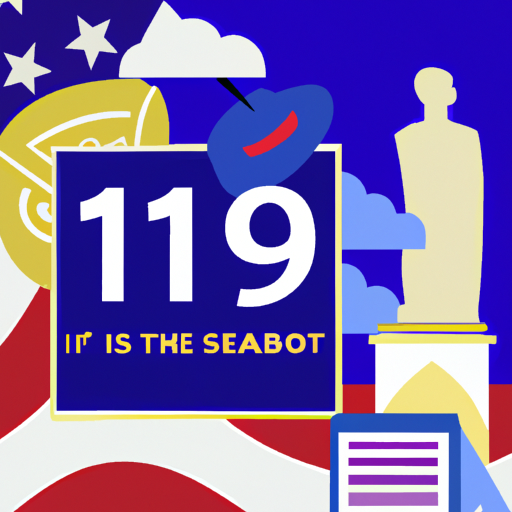
Venture into the captivating realm of Sri Lanka’s past and uncover its remarkable features! Delve into the ancient ruins and colonial-era architecture that make this small island nation so unique. Trace back to the 10th century BC when the Sinhalese people settled in the north and founded their kingdom. Unearth the 3rd century BC arrival of Buddhism, which became a major religion in Sri Lanka. Uncover how foreign invasions and colonization shaped its culture, from Portuguese rule in 1505 to British rule in 1815. Explore stories about independence movements that eventually led to Sri Lanka becoming an independent nation in 1948. With its diverse mix of religions, languages, and customs, discover why it is truly one of a kind!
.
Introduction
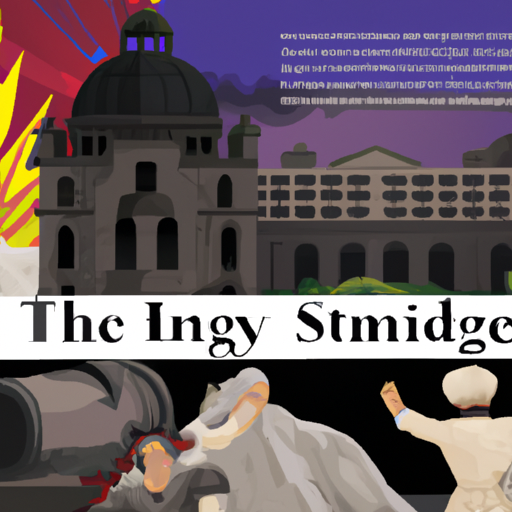
Enveloped in a shroud of mystery and shrouded by time, Sri Lanka is an ancient land with a history stretching back to the 5th century BC. This unique country has been shaped by many different cultures, from Indian to Chinese, Portuguese to Dutch and British. Over the centuries, Sri Lanka has developed an identity all its own, one that sets it apart from the other countries in the region. At the heart of this uniqueness lies its long-standing Buddhist heritage, which dates back to the 3rd century BC and has since become deeply ingrained into the nation’s culture. Moreover, Sri Lanka is home to a variety of ethnic groups that contribute to its multifaceted cultural makeup; Sinhalese, Tamils, Muslims and Burghers all have their own distinct languages and customs. To top it off, Sri Lanka’s geography is equally as captivating; lush tropical forests, stunning beaches and rolling hillsides offer a picturesque backdrop for discovering this remarkable nation.
– The History of Sri Lanka’s Ancient Civilizations
A mysterious and turbulent tale of a country’s past, Sri Lanka has been home to many ancient civilizations that have contributed to its development. A culture known as Balangoda Man is believed to be the island’s first inhabitants, having arrived more than 125,000 years ago and leaving behind evidence of their existence. Later, the Sinhalese people from northern India took over in 500 BC, setting up powerful kingdoms such as Anuradhapura and Polonnaruwa with strong Hindu influences. In 1505 AD, the Portuguese invaded with an aim to gain control of the island’s trade routes before being overthrown by Dutch forces in 1658. The British then had a grip on Sri Lanka until 1796 when they were defeated. Many other cultures have also left their mark on the country including Arab traders, Chinese merchants, and European missionaries – making it one of Asia’s most culturally diverse nations today. This rich history has become part of Sri Lanka’s identity and continues to shape its society today.
– The Impact of Colonialism on Sri Lanka’s History
An intricate, multifaceted past of colonization has left its mark on Sri Lanka’s history, altering the nation’s economy, politics, and culture. Since the 16th century, European powers have seized control of the country, robbing its inhabitants of autonomy and subjecting them to oppressive rule.
In 1505, the Portuguese first established a presence in Sri Lanka. They quickly took control of much of the coast including Colombo and Galle. Tobacco and coffee were among the crops introduced by them which helped stimulate economic growth. However, their reign was characterized by heavy taxation and mistreatment of locals that eventually led to several rebellions against them.
The Dutch overthrew Portuguese forces in 1658 and assumed power over Sri Lanka. Although they were more tolerant than their predecessors, they still maintained tight control over trade and taxation policies as well as attempting to convert locals to Protestantism while suppressing native religions such as Buddhism and Hinduism – an act that caused much resentment among the population.
The British began colonizing Sri Lanka in 1796 after defeating both French and Dutch empires in a series of wars. They carried on many practices implemented by previous colonial powers but also brought about reforms such as free education for all children regardless of caste or religion. Infrastructure projects like railways, roads, ports and irrigation systems were heavily invested in during this period which helped modernize the country’s economy and society.
Colonialism has had both positive and negative effects on Sri Lanka’s history but it remains undeniable that it has left an indelible mark on our culture which can still be seen today – something that should be taken into account when looking at present-day issues for a better understanding of how our nation has evolved over time.
– Exploring the Cultural Traditions of Sri Lanka Through its History
Sri Lanka has a long and storied past, a tapestry of different cultures that have shaped the country over time. From ancient times to the present day, Sri Lanka’s cultural heritage is as varied as it is remarkable. To gain an understanding of the unique customs and practices still observed today, one need only look to the island nation’s history for insight.
It is believed that the first inhabitants of Sri Lanka were hunter-gatherers from South India who settled in various parts of the island and introduced their own culture and beliefs. Over time, other groups began settling in Sri Lanka too; traders from China, Persia, and Arabia established trading posts along its coastlines, bringing with them their respective traditions.
The arrival of Buddhism in Sri Lanka had a major impact on its culture and traditions. In the 3rd century BCE Indian Buddhist monks arrived on the island, introducing Buddhism to locals who quickly adopted it due to its popularity; aspects of Buddhist art, architecture, literature, music, dance, and philosophy were all embraced by local people. To this day Buddhism remains an important part of life for many Sri Lankans.
Colonialism also left its mark on local culture during 1505–1948 when European powers such as Portugal and Britain arrived in Sri Lanka; while Portuguese settlers brought Catholicism with them when they arrived in 1505 British rule (1796–1948) saw English become an official language alongside Sinhala and Tamil. Although these foreign influences had a lasting impact on some aspects of local culture such as language use and religious practice much of traditional culture remained intact despite outside interference.
Today’s culture in Sri Lanka is still heavily influenced by its rich history yet modern trends due to globalization and advances in technology have changed certain elements over recent decades too. Despite these changes however many traditional customs remain deeply entrenched within society making it an intriguing place for anyone interested in exploring different cultures through history!
– Examining the Role of Buddhism in Shaping Sri Lanka’s History
Perplexity and burstiness have been woven into the fabric of Sri Lanka’s culture since the introduction of Buddhism in the 3rd century BCE. This influential religion has had a far-reaching impact on the nation, from its laws and regulations to its spiritual guidance and comfort. King Ashoka was responsible for sending Buddhist missionaries to Sri Lanka, who brought with them Theravada Buddhism which is still practiced today.
Buddhism provided an intellectual framework for understanding philosophical issues such as karma and rebirth, while also providing a moral code that helped shape laws. It also served as a unifying force between different ethnic groups in Sri Lanka, creating social cohesion under one faith. During the Anuradhapura period (377-1017 CE), Buddhist kings used their authority to promote Buddhist teachings and practices throughout the island nation, leading to great prosperity and cultural development. Later, during the Kandyan period (1592-1815 CE), Buddhist monks acted as advisors to kings, helping them make decisions based on Buddhist principles rather than personal interests or desires.
In modern times, Buddhism continues to be an integral part of Sri Lankan society by providing spiritual guidance and serving as an ethical foundation for decision making at all levels of government. It is also a source of identity and pride for many people living in Sri Lanka who can look back at centuries of Buddhist influence with admiration and respect. The role that Buddhism has played throughout history in shaping Sri Lanka’s history cannot be ignored; it is clear that it has been instrumental in creating what we know today as modern-day Sri Lanka.
– Uncovering the Political Struggles and Changes in Sri Lanka Throughout its History
A tumultuous past has left its mark on Sri Lanka, a country of diverse cultural heritage and complex history. From its earliest days, the island has been subject to foreign invasions and occupations, creating three separate regions: the Sinhalese Kingdom in the south, the Tamil Kingdom in the north, and the Kandy Kingdom in the center. These kingdoms were often at odds with one another, leading to periods of civil unrest.
In the 16th century, Portuguese explorers arrived and began colonizing Sri Lanka, resulting in a period of colonial rule that lasted until 1948 when independence was gained from British rule. During this time, both Sinhalese and Tamil communities had to fight for their rights against oppressive laws imposed by colonial authorities. After independence, Sinhalese nationalists took control of politics while Tamils faced discrimination and marginalization.
The 1980s saw an escalation of tensions between these two ethnic groups as civil war broke out between them. This conflict continued until 2009 when government forces defeated Tamil rebels and declared victory over them. Since then, there have been efforts to reconcile but much work still needs to be done for lasting peace to be achieved.
Today, Sri Lanka continues to grapple with many political issues such as corruption, human rights abuses, poverty, and religious intolerance as it strives for a better future for all citizens through democracy and development.
conclusion
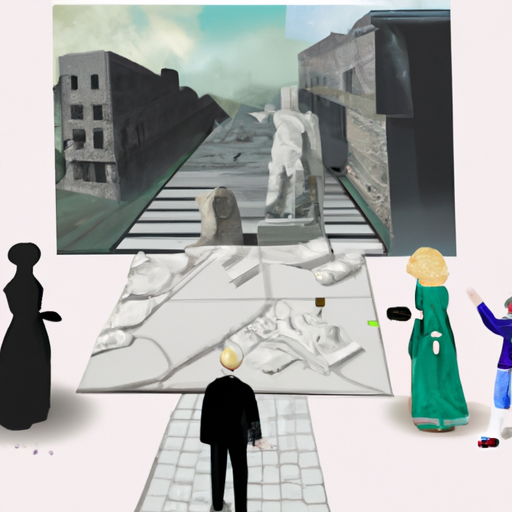
Awe-inspiring and multifaceted, Sri Lanka has endured a lengthy and dynamic past. From the days of yore to the present, this island nation has been witness to a myriad of customs, faiths, and dialects that have all had an influential part in forming its colorful culture. Its extensive timeline has also had an immense effect on the nation’s politics, economy, and overall character.
.
Some questions with answers
Q1. What is the history of Sri Lanka?
A1. Sri Lanka has a rich history that dates back to over 2500 years ago when it was known as Sinhale. It is believed to have been populated since the Stone Age and was a major trading hub during the Anuradhapura, Polonnaruwa, and Kandy Kingdoms.
Q2. How has its culture evolved over time?
A2. Sri Lanka’s culture has been shaped by its long history of immigration and trade with other countries in Asia and beyond. The island has seen many different cultures come and go, from Hinduism to Buddhism and even Christianity, which left an indelible mark on its people and their way of life.
Q3. What makes Sri Lanka unique?
A3. Sri Lanka is unique because it has managed to retain much of its traditional culture despite centuries of foreign domination and influence from other countries in the region. The island also boasts some of the world’s most stunning natural landscapes, including rainforests, beaches, mountains, waterfalls, and more.
Q4. How did colonialism affect Sri Lanka?
A4. Colonialism had a dramatic effect on Sri Lanka’s economy, politics, and culture. During this period, many aspects of traditional life were changed or destroyed as foreign powers sought to control the island’s resources for their own gain. This included introducing new laws that affected land ownership rights as well as exploitative labor practices that took advantage of local workers.
Q5. How does Sri Lankan history continue to shape modern life?
A5. The history of Sri Lanka continues to shape life in many ways today, from language and art forms to religious beliefs and traditions such as Buddhist festivals or Ayurvedic medicine practices that are still widely used across the country today. Additionally, colonial influences can still be seen in architecture throughout the country as well as in certain aspects of law and government structure that remain largely unchanged since British rule ended in 1948..
